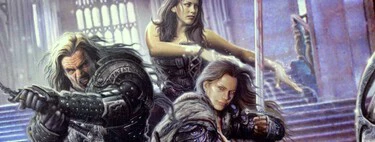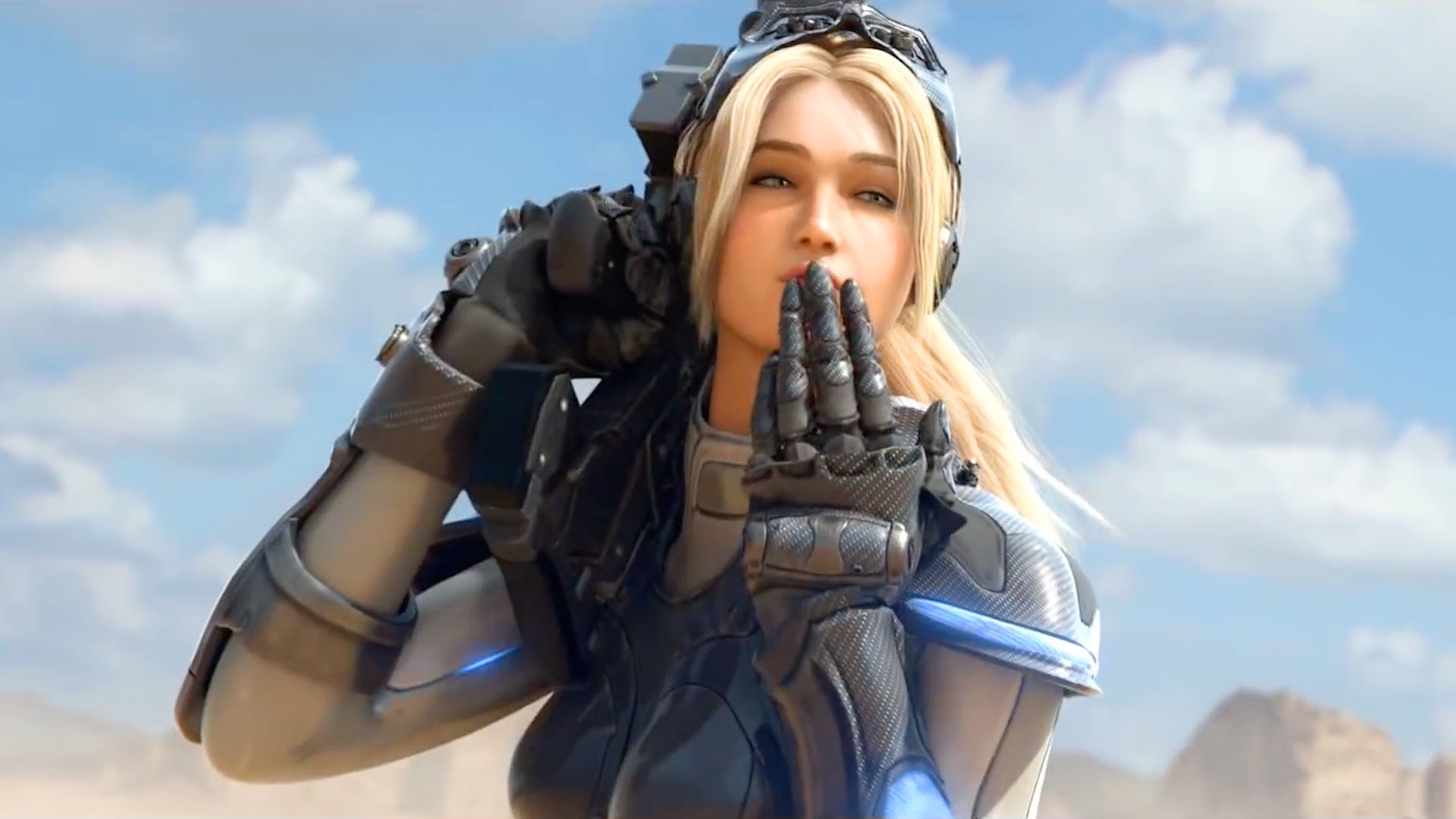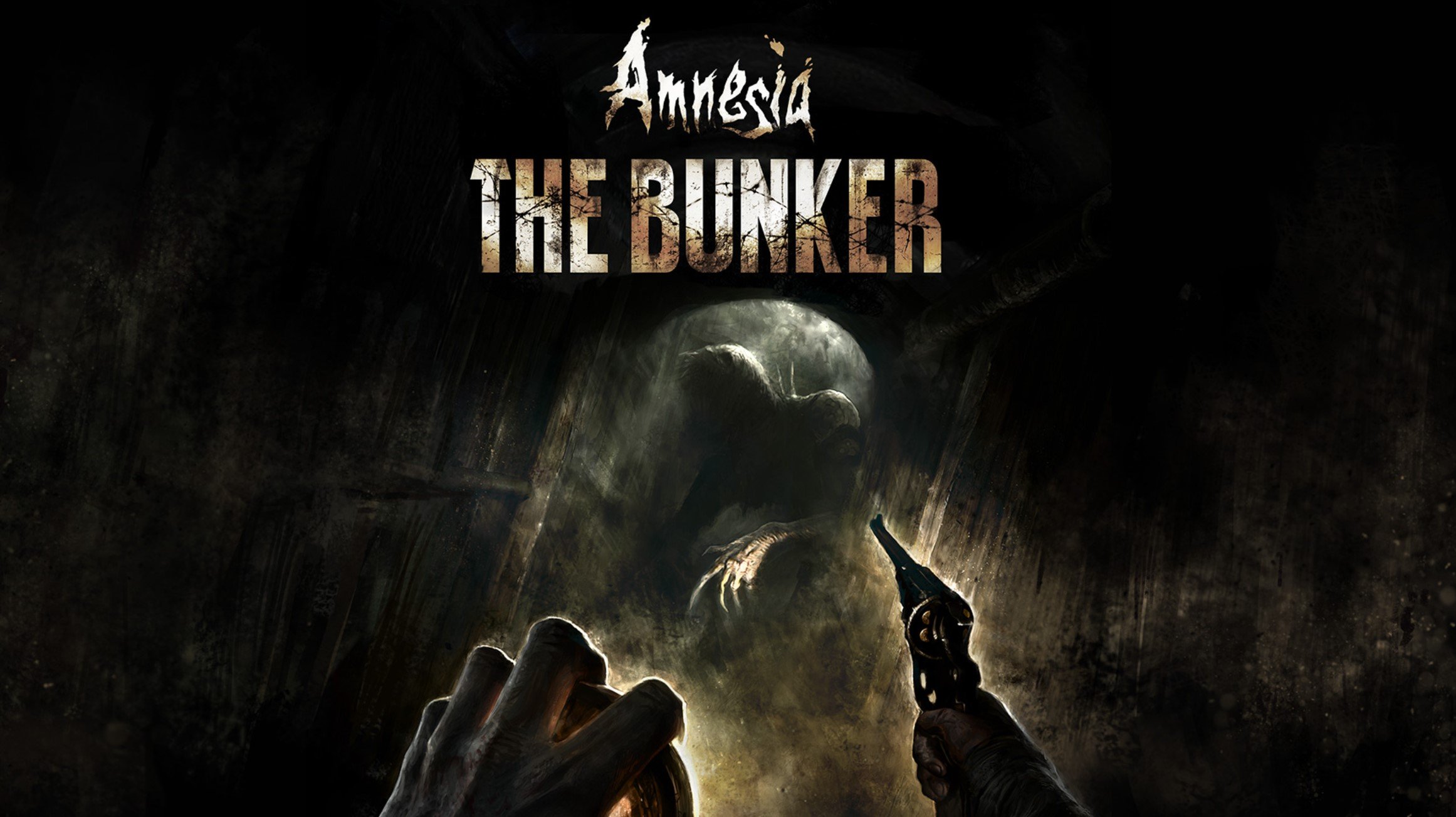Good ingredients, a particularly interesting double premise and, despite this, a missed opportunity. The Witcher: Origin of Blood (The Witcher: Blood Origin) He had everything going for him when it came to giving fans of fiction a joy. Instead, we find ourselves with a fantasy miniseries that shamelessly smacks into the clichés of the genre. without taking the viewer to any unknown place. Turning what should be a very special event into four perfectly forgettable episodes. A shame.
It is not that the initials of the literary and video game saga weigh on the project or the final result. Quite the opposite. Compared to other productions inspired by the novels of Andrzej Sapkowskiat the creative level The origin of the blood has the advantage of starting from a blank canvas with only two really important ideas to deploy and without haste: the creation of the first sorcerer and the origin of the Conjunction of the Spheres. Unfortunately, this Netflix project fails on both attempts, ultimately leaving us with a perfect manual of what not to do with a sprawling franchise.
In fact, let it be a miniseries of four one-hour episodes it’s not an excuse. With less time and resources, wonders have been produced and counted within the fantastic genre through cinema and television. And despite the fact that the budget is much tighter than that of The Witcher series itself (the bulk of the special effects are a calamity) the big errors of The Witcher: Origin of Blood they manifest themselves in the most basic and elemental aspects when offering any fantasy and sword work.
Because the raison d’être of The Witcher: Origin of Blood it was to capture and shape the foundation of the entire saga and expand it in exciting new directions. Fundamentally, everything related to the big Netflix project which includes animation and real image, but also as a reference and guide for the general public who wants to fully immerse themselves in books, comics and upcoming video games. Which brings us to the crux of the matter: what happened 1,200 years before we met Geralt of Rivia?
Of the spell that will change the world, and of the ritual that will condemn humans
Long before the arrival of humans, the elves of the Continent lived a golden age. Of course, golden does not mean peaceful: the nations and clans were in a constant conflict that, far from being resolved, had resulted in an unsustainable wear and tear for all factions and, by extension, in the delicate state of precariousness of the people.
In the midst of this chaos, King Alvitir of Xin’trea has an initiative that could put an end to wars: marry his sister, the princess Merwyn (played by Mirren Mack), and unite the nations. What he does not know is that this act will allow the powerful magician Balor (Lenny Henry) seize shadow control of the three disputed kingdoms and unify them under a single empire. However, his thirst for power is much greater.

Meanwhile, in a cage, far from the majestic palaces of Xin’trea, two strangers look at each other suspiciously. Éile the lark (Sophia Brown), an elven bard from the Raven Clan, discovers that her cellmate is none other than Fjall Stoneheart (Laurence O’Fuarain), a banished guard originally destined to lead his sworn enemies: the Clan of the Hound.
It is often said that the enemy of my enemy is my ally. When a group of Imperial soldiers tries to take down Éile and Fjall, they will have no choice but to cooperate. What can these two elves do against an entire nation? For now, go in search of a third party that you can trust in these uncertain times: the master of swords Knife (Michelle Yeoh), the last survivor of the extinct ghost tribe.
On their journey to the capital of Xin’trea, the company will welcome four new members: the dwarf Meldof (Francesca Mills) and her hammer Gwen, the warrior with a dark past Callan (Huw Novelli) and the magicians Zacaré (Lizzie Annis) y Syndril (Zach Wyatt), the latter being largely responsible of the spell that will change the world.

Balor has not only released powerful creatures capable of destroying entire armies, but has erected enormous monoliths thanks to Syndril’s knowledge with which access other worlds to conquer looking for resources. However, his true intentions are to obtain a total mastery of chaos magic make him invincible.
Faced with this situation, the company of the seven rebels contemplates a desperate situation: start a ritual that makes one of them powerful enough to face all threats. Not elf, not monster, but something else. A process so extreme that it will demand in one way or another the very life of the one who undergoes the treatment.
The Witcher: Origin of Blood: a fantasy world with very little imagination

The intentions of Netflix and the showrunner declan barra at the time of raising The Witcher The Origin of Blood They are not very different from The Lord of the Rings The Rings of Power: offer to fans of fantasy and fiction a completely original story that takes advantage of the context and expands the margins of the literary universe through key events never told. The bad thing about this initiative is not in the intentions, but in the wickerwork on which it is sustained.
Although, at the production level The Witcher: Origin of Blood receives fewer resources than the series itself The Witcher On Netflix, especially in digital effects that remind us of those used on television more than a decade ago, it cannot be said that we are dealing with a minor production: there is a very special concern to offer costumes, a setting and some landscape shots and interiors that will make you pay off that expensive 4K TV you bought. Unfortunately, the good of the miniseries almost ends here.
As we commented, The origin of the blood want to expand license The Witcher, that has become a priority for Netflix, and at the same time reply (late and wrong) to The Rings of Power y the house of the dragon clumsily and superficially bringing the distinctive elements of both television series to the universe imagined by Sapkowski and, in a collateral way, inheriting the worst of both instead of their successes. Except for the very careful photography, for the record.

In exchange for us seeing all four episodes, we will receive a generic story in what refers to fantasy stories in which each of its protagonists works on autopilot on screen. Heroes and villains drawn with stencils at the service of events that seem to have been created by following the instructions in a manual.
In all honesty, there are a couple of characters that can arouse some interest among so many recycled elements from one site to another. see to Michelle Yeoh in action, even when it’s not about un filme wuxiaIt always is and will be a pleasure. But in the end, The origin of the blood It ends up contributing little or nothing to the fan of books, games and, in general, those who are passionate about fantasy. Which has a double crime, since we are witnessing two historical events within the universe of The Witcher.
There is action, of course, although the ratio of battle footage to adventure of The Witcher: Origin of Blood Compared to the scenes that make the plot move forward -in a very clumsy or directly forced way- they end up playing totally against it. However, its duration has nothing to do with the result: almost four hours of footage give to offer a good fantasy and swords story today, tomorrow and thirty years ago.

The other message from those responsible for the series has become quite clear to us: The Witcher universe is incredibly diverse and uniting the will and determination of all, setting aside the differences, it is possible to fight evil. But in the end we run into the big problem: is it really the same universe that we got to know through novels or video games or is it a mere extension of Netflix’s plans with Sapkowski’s work?
Unfortunately, the conclusion we come to at the end of the miniseries is that, in pushing the boundaries of Geralt of Rivia’s world, what has distinguished the Witcher novels from other works of fantasy has shone for its glory. absence.
A pity, of course. Especially if we take into account the controversial statements of a Beau DeMayo that, after participating in the Netflix series of The Witcher, he pointed that his former fellow writers didn’t take books or video games seriously. But we are not going to fool ourselves. That Sapkowski’s work is barely reflected in The Witcher: The Origin of Blood does not add or subtract from the final assessment. he just does it even less interesting for the fans.
iGamesNews’s opinion

As series, The Witcher: Origin of Blood you are average According to the RAE, mediocre is of average quality. Undeserving. The problem is not the mini-series itself, but the weak foundations that it establishes for the great Netflix project. At least, it is an isolated case: the animation project of The Witcher: The Wolf’s Nightmare was a pleasant surprise and the third season was well on track after the last batch of episodes.
However, the almost four hours of footage end up being little more than passing entertainment for the fan of fiction and fantasy. And it is a real pity, considering that an event as important and epic as the Conjunction of the Spheres takes place in them and something as transcendental as the creation of the first sorcerer is revealed to us for the first time.
There are elements that are difficult to understand. youhe Witcher: Origin of Blood it spends its time introducing lots of minor characters who barely get screen time and plot weight. In some cases, summing up his background in a handful of phrases dropped during a conversation. Not to mention actions and reactions that definitely lack logic and sense.

Just because The Rings of Power is considered the most expensive fanfiction in history, the one that Netflix proposes to us based on the universe of Geralt de Rivia ends up tripping over the same stones. That their budget and relevance are not the same does not soften the blow either.
Definitely, Netflix has drawn from the wrong sources when it comes to expanding the universe of Andrzej Sapkowski. He has not been clear about priorities. The fact that it is a blank canvas at the plot level and starting from a fantasy universe created to measure for the small screen does not legitimize doing anything either. What’s more, it should be an opportunity to do something big.
And in this aspect, The Witcher: Origin of Blood It has been from all these perspectives something even worse than a disappointment: a great missed opportunity.










